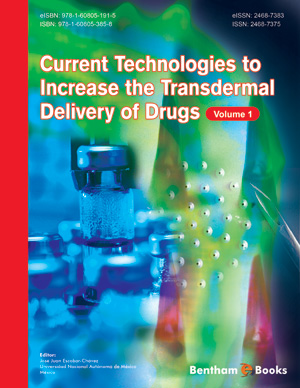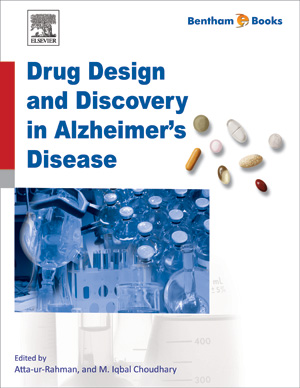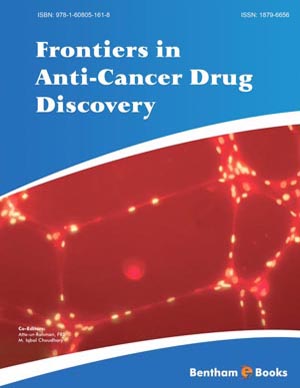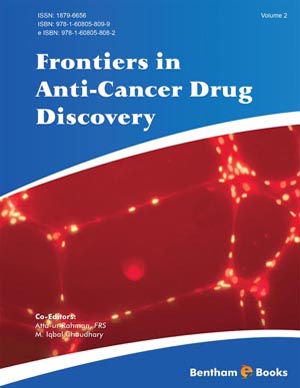Abstract
Multiple sclerosis (MS) is a chronic, inflammatory, gray and white matter demyelinating disease of the central nervous system characterized by axon degeneration, oligodendrocytes damage and astrogliosis. As per epidemiological data obtained from national multiple sclerosis society, 2.3 million people are suffering from MS worldwide. In America and Europe, it is a leading cause of mortality in young adults. The MS international federation reports showed that the prevalence of MS has been increased up to 33/10000 in 2013 from 30/10000 in 2008. Along with degerative processes, such as axon damage and myelin sheaths destruction, inflammatory components, such as lymphocytes and macrophages also play pivotal role in the pathogenesis of MS. There is an infiltration of immune cells, macrophages and microglia, increased expression of cytokines and chemokines. The structural and functional changes in Blood Brain Barrier occur very commonly in MS.
Angiogenesis is a process of development of new blood vessels from the existing blood vessels. It is commonly involved in various CNS disorders, such as stroke, epilepsy and tumors, indicating that it might have a role in the progression of MS lesions. The inflammatory components involved in pathogenesis of MS have been observed to play significant role to support angiogenesis. Inter cellular cell adhesion molecule-1 (ICAM-1), vascular endothelial growth factor (VEGF), vascular cell adhesion molecule (VCAM) -1, matrix metalloproteinase -1, -2, -3, -7 and 9 (MMP-1,-2,-3,-7,-9), TNF-α /-β, Interferon – γ (IFN– γ) and many other components are involved in angiogenesis processes of MS. Moreover, MMPs and VEGF play significant role in vascular basement membrane degradation and breakdown of BBB in MS. This indicates that there is a firm link between angiogenesis and chronic inflammation for neovascularization in the progression of MS. Since the inflammation and angiogenic processes are very complex and involve multiple biochemical processes, there are several molecular targets associated with angiogenesis for therapeutic intervention in MS.
Thus, the aim of the present chapter will be to show the link between angiogenesis and inflammatory processes in the progression of multiple sclerosis. Furthermore, the chapter is also focused on the role of molecular targets of angiogenesis process in MS along with their inhibitors or activators from various sources.
Keywords: Angiogenesis, Blood brain barrier, Demyelination, Experimental autoimmune encephalomyelitis, Hypoxia, Immune cells, Integrins, Interferon, Matrix metalloproteinase, Minocycline, Multiple sclerosis, Quercetin, Vascular endothelial growth factor.






















